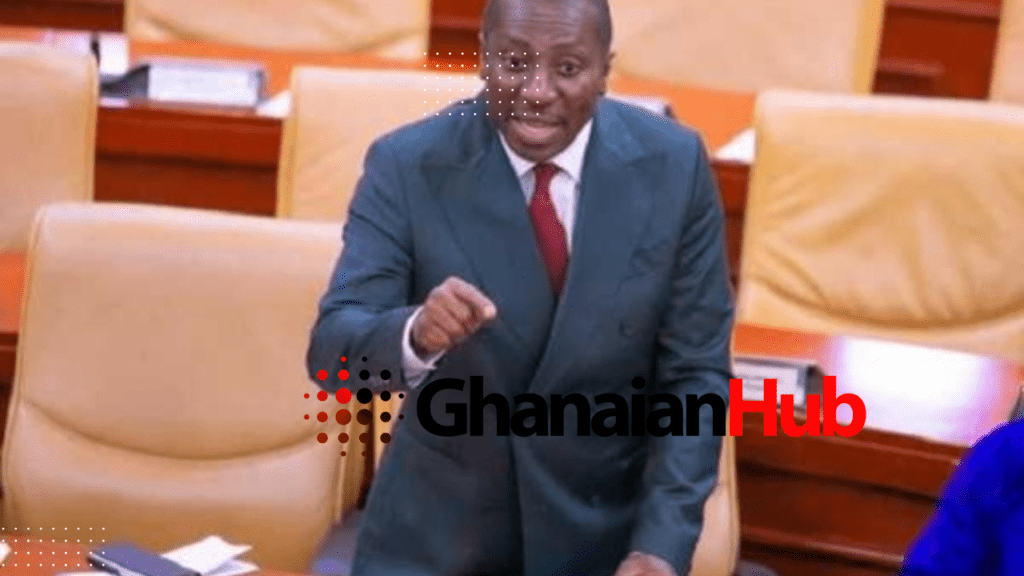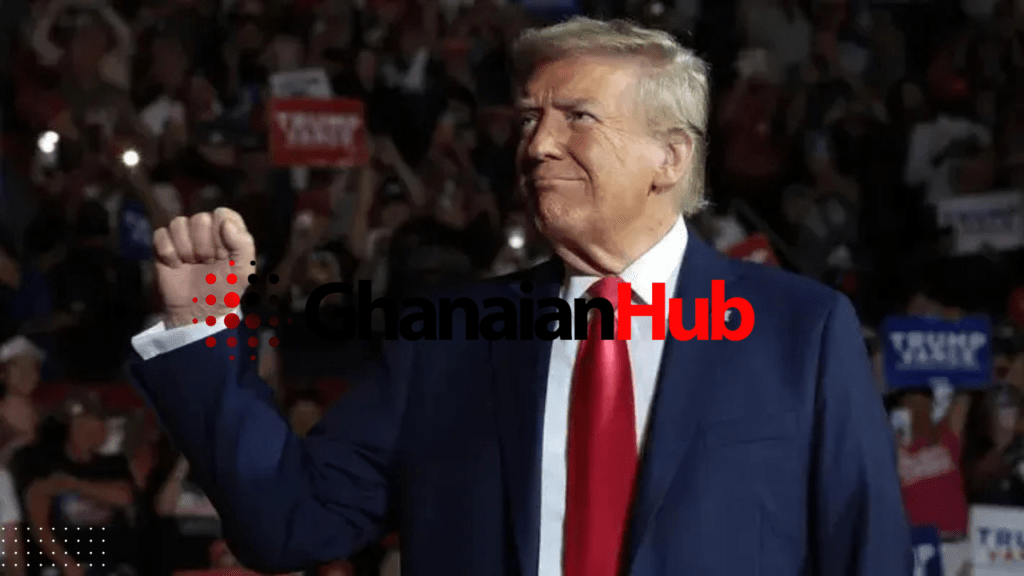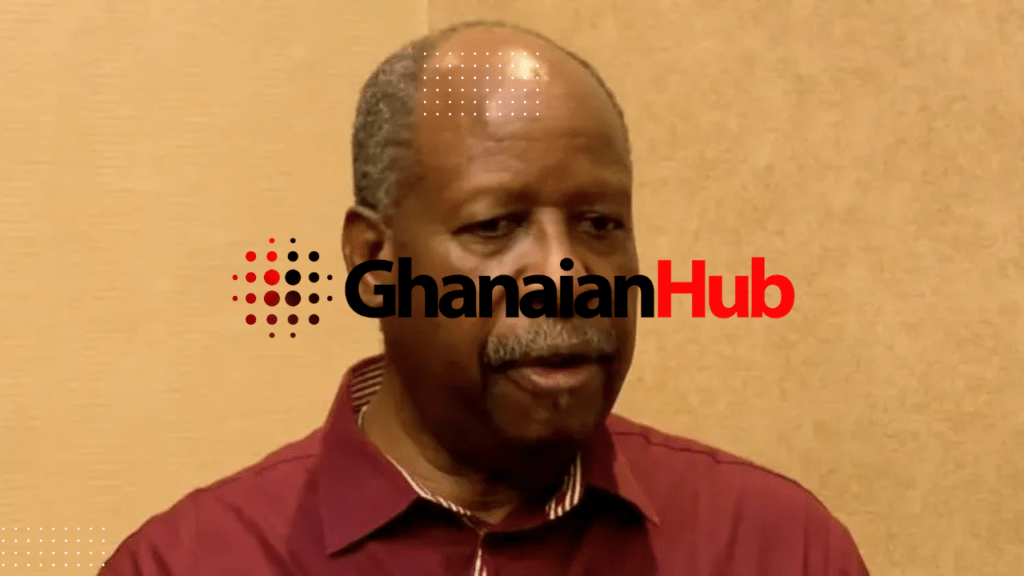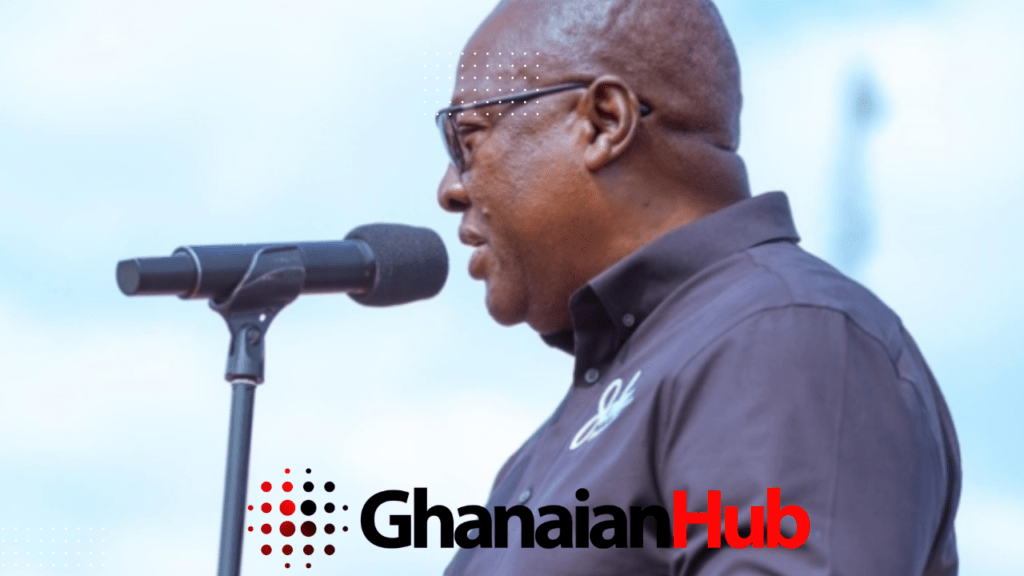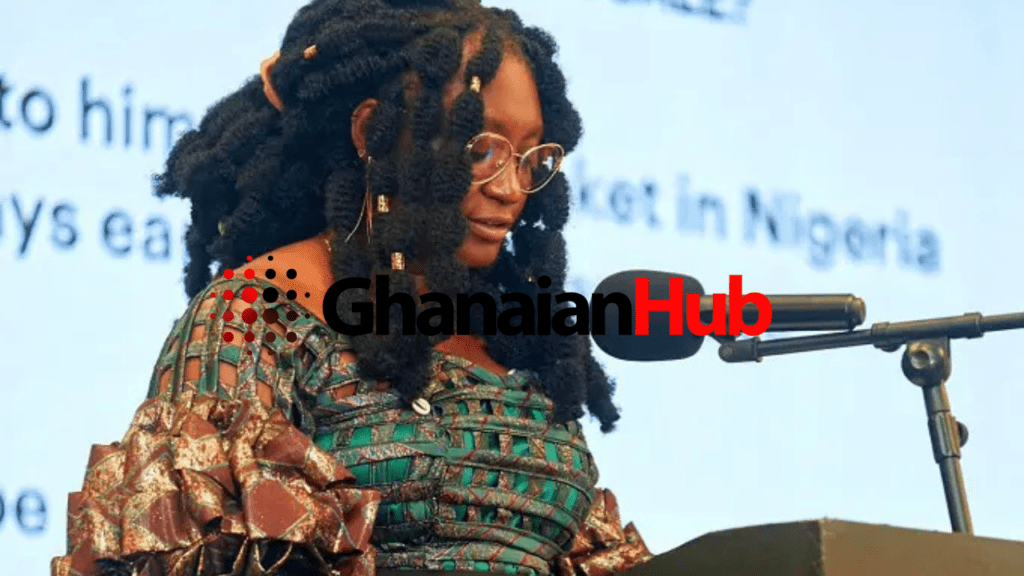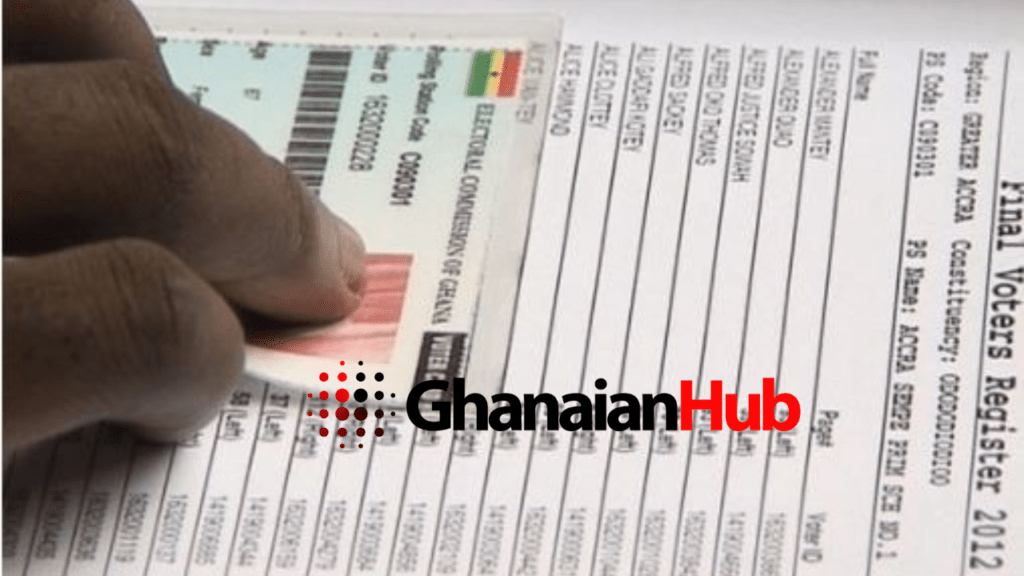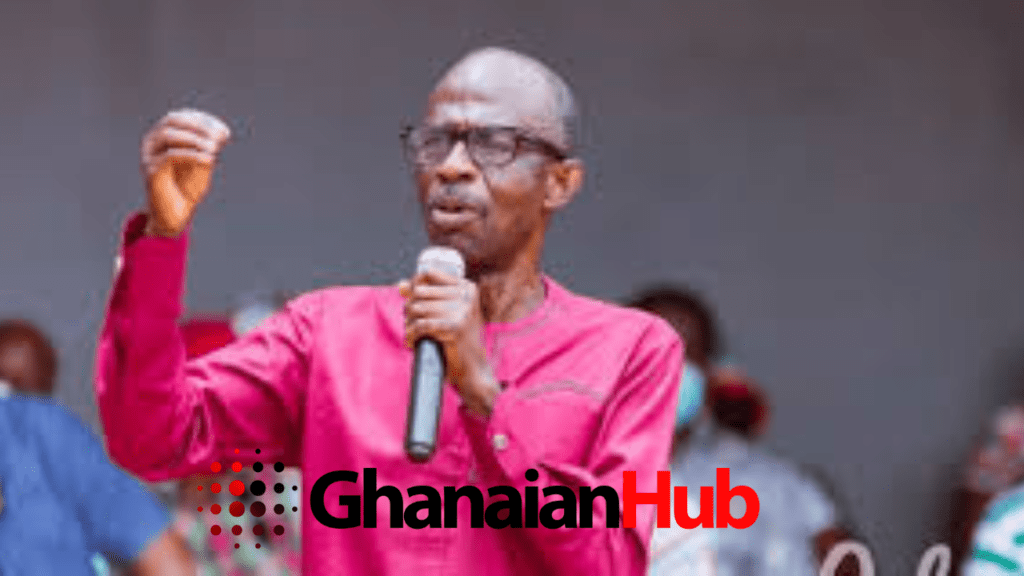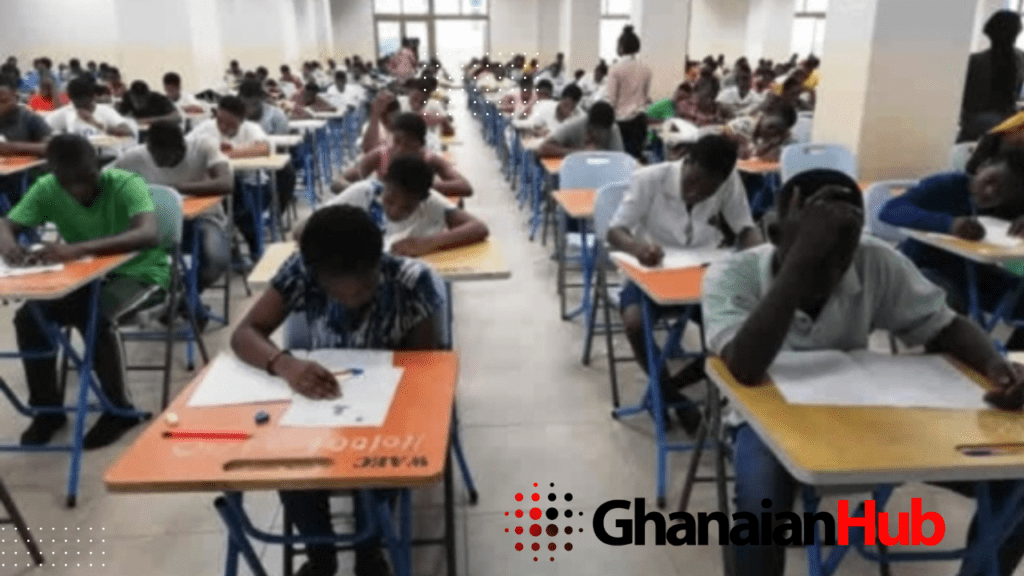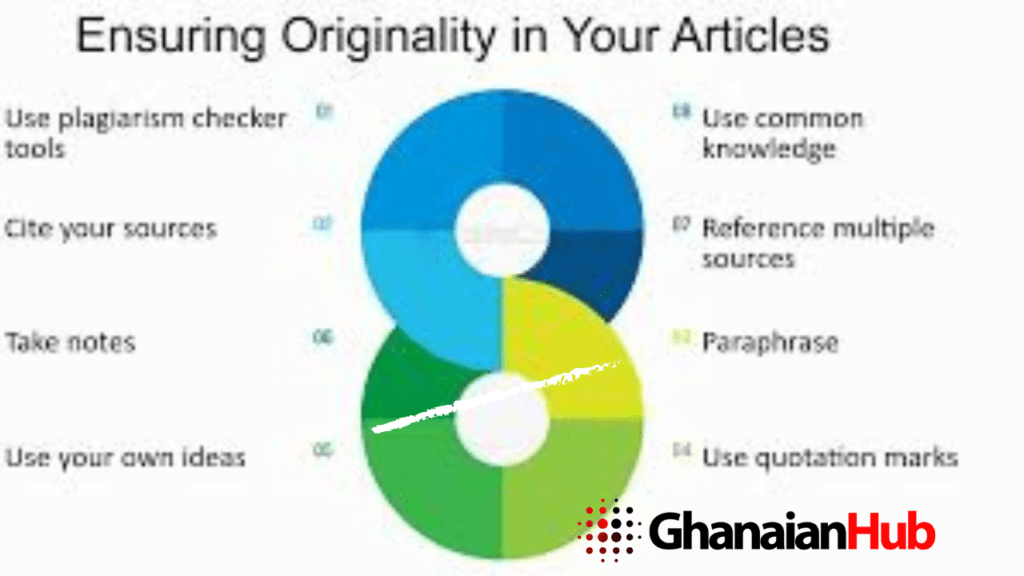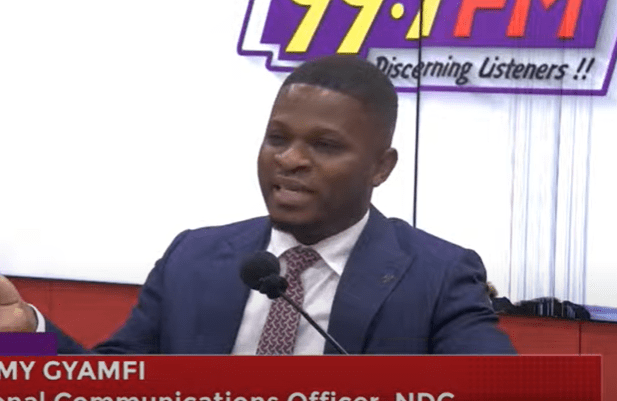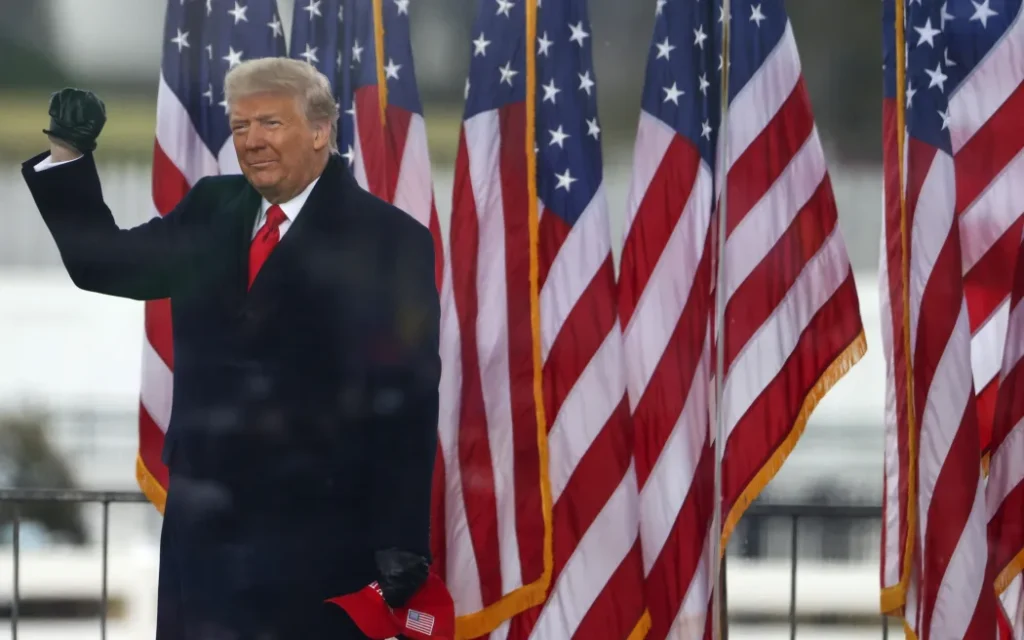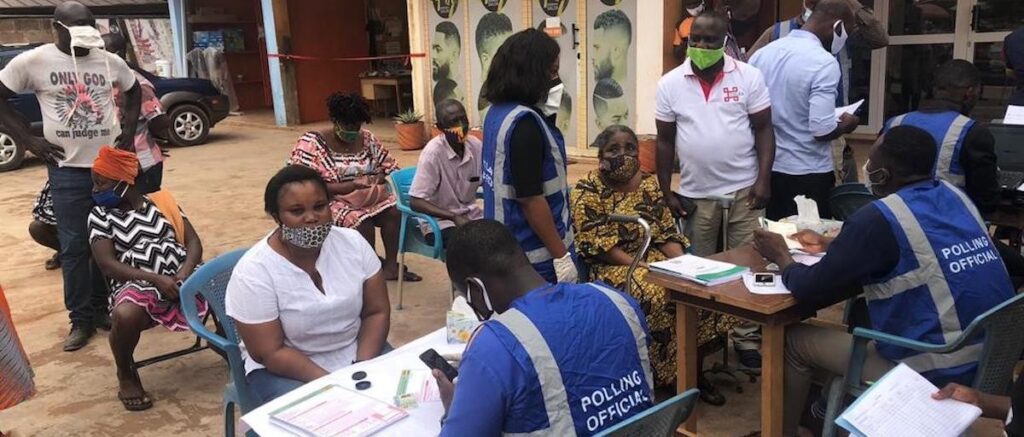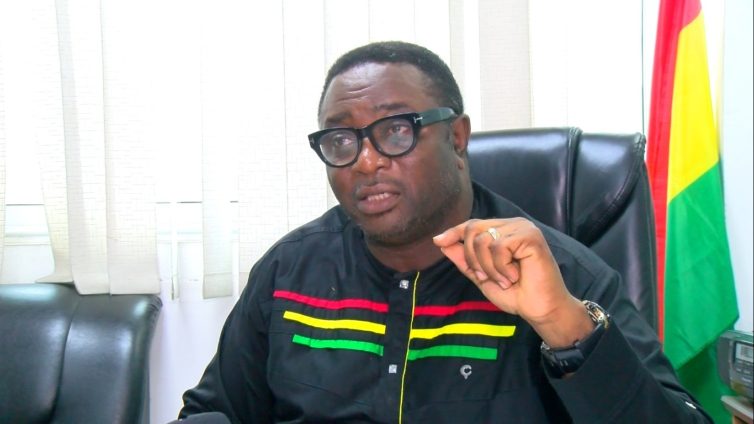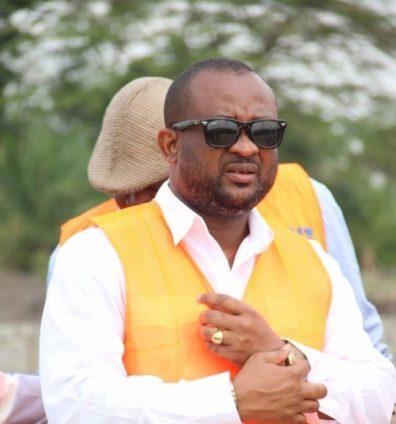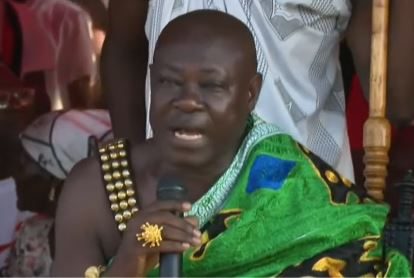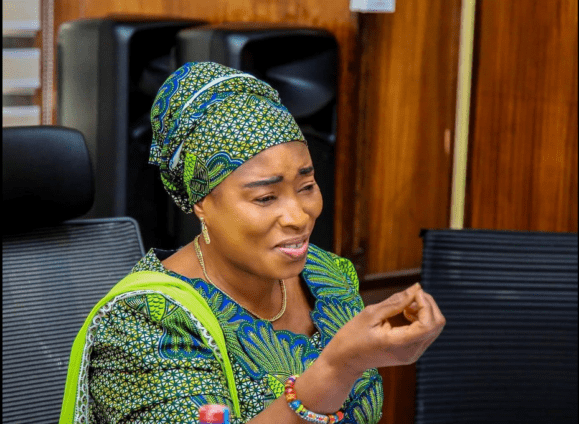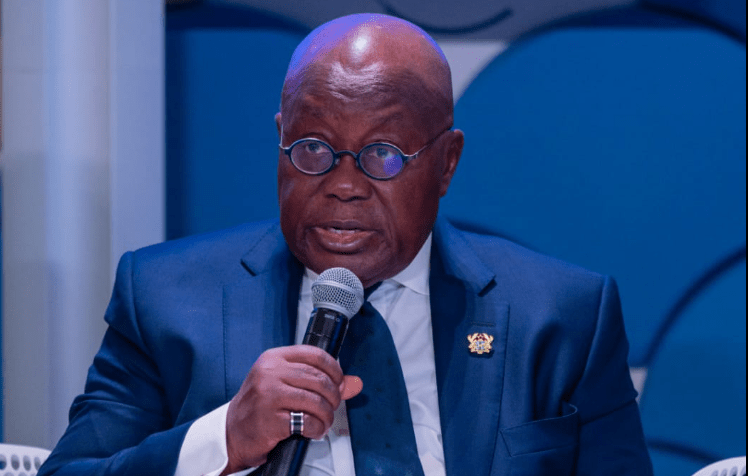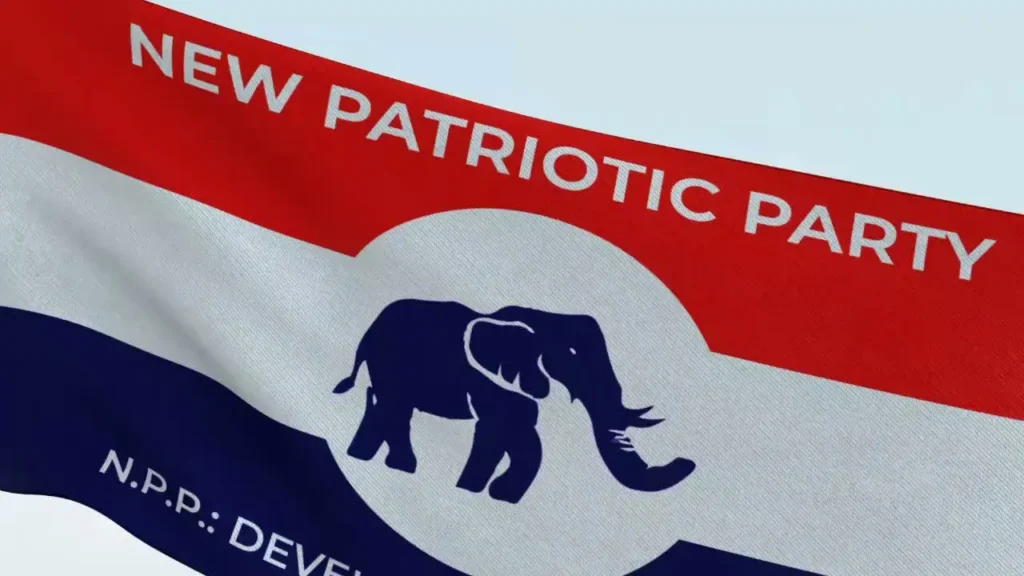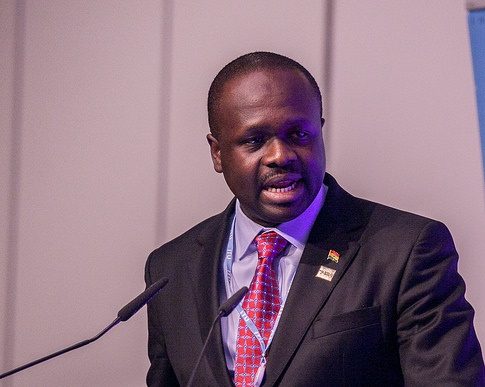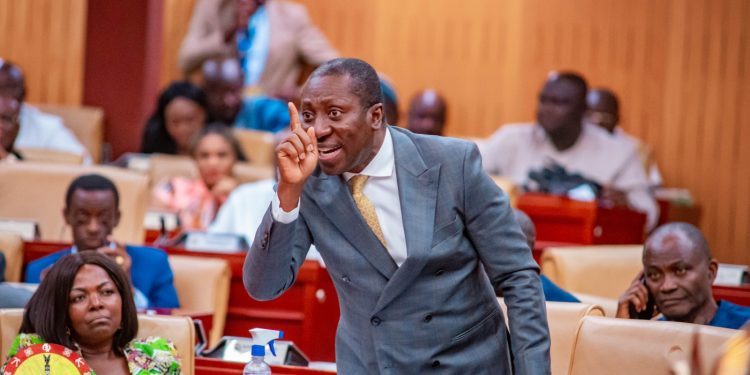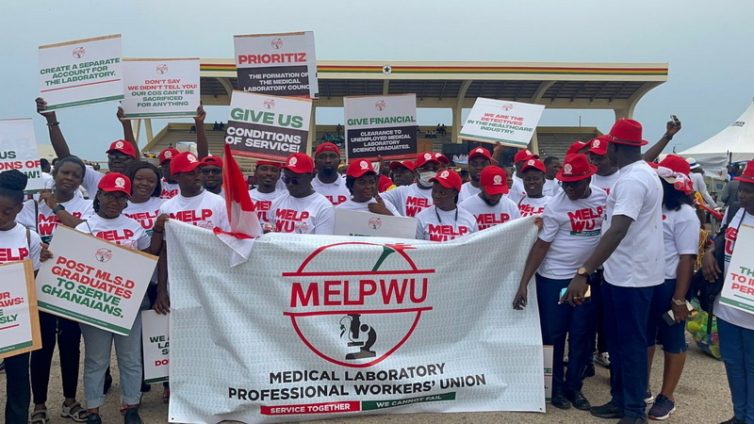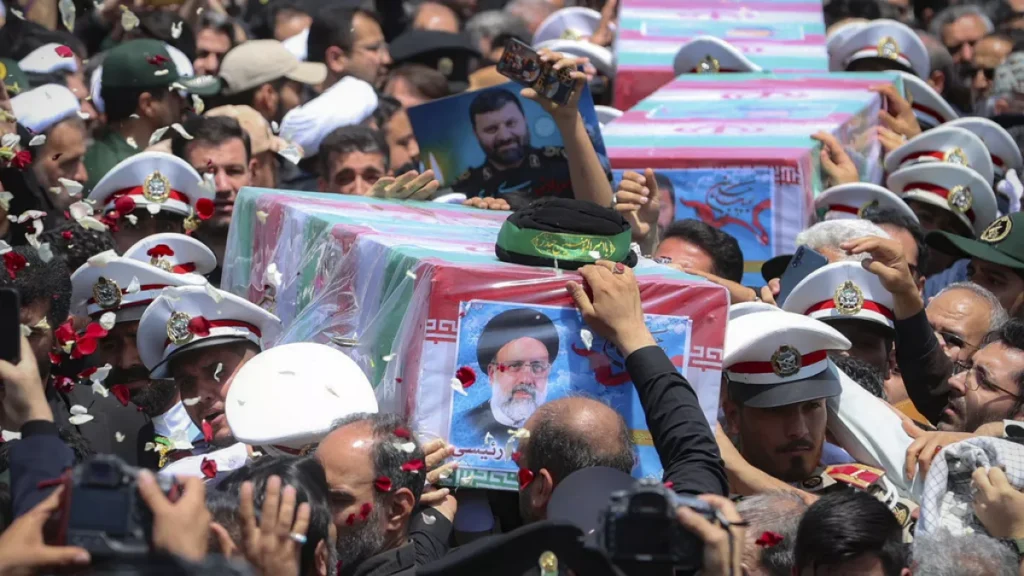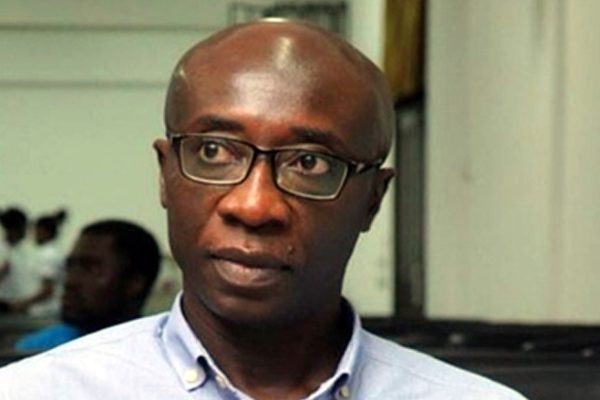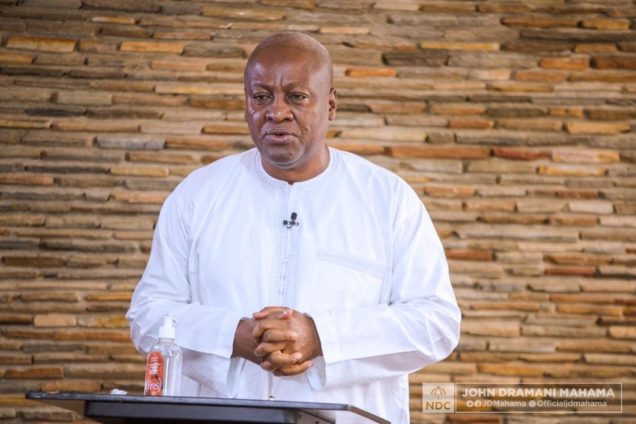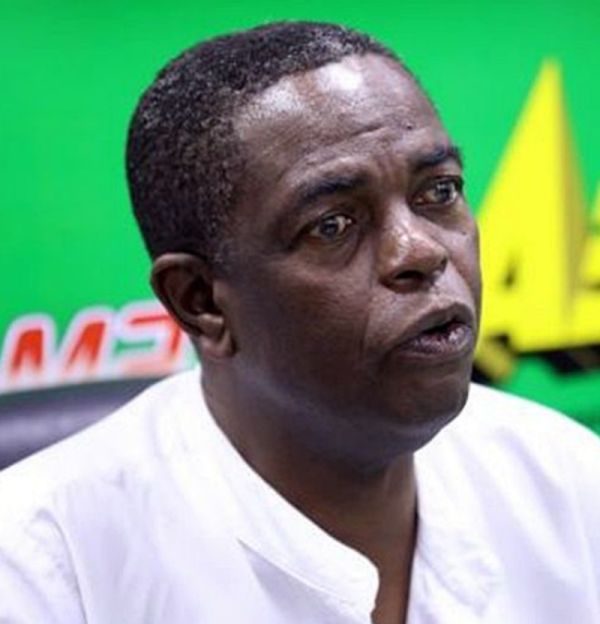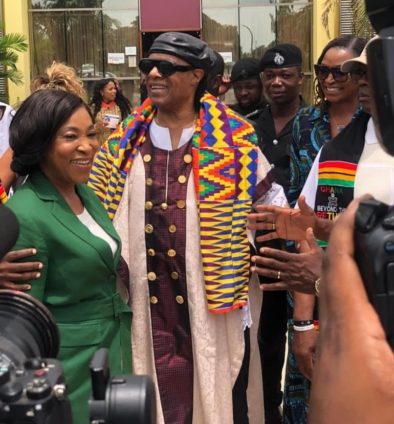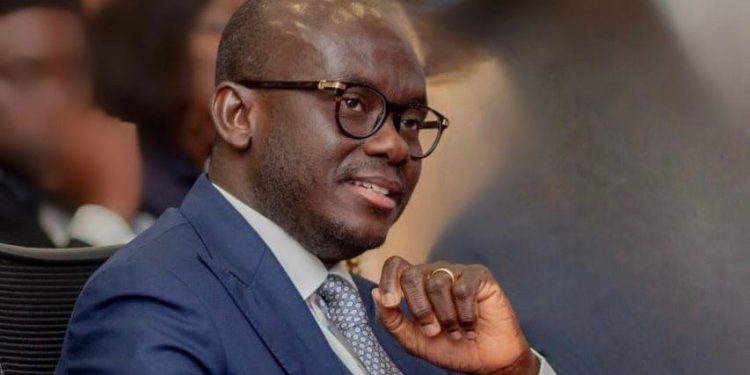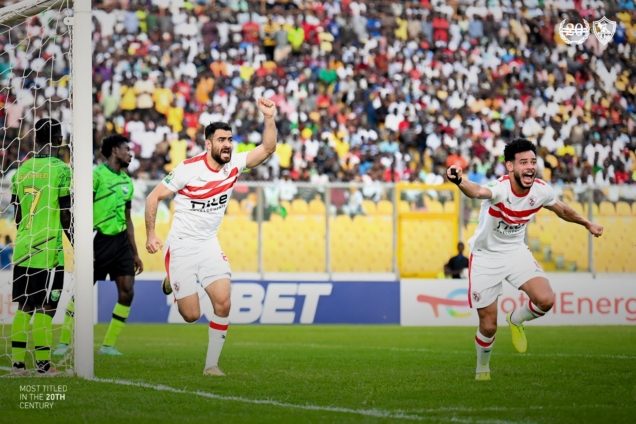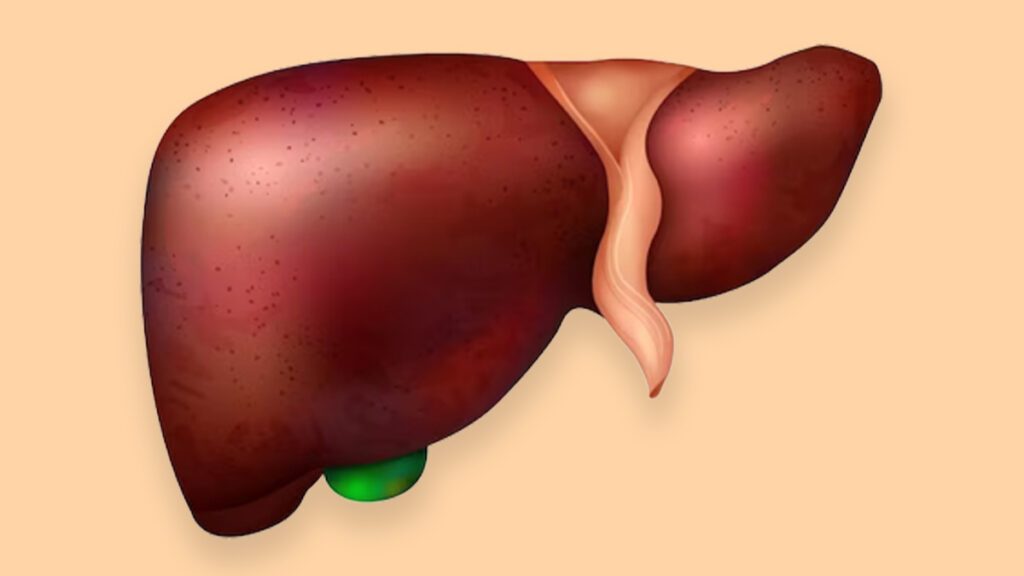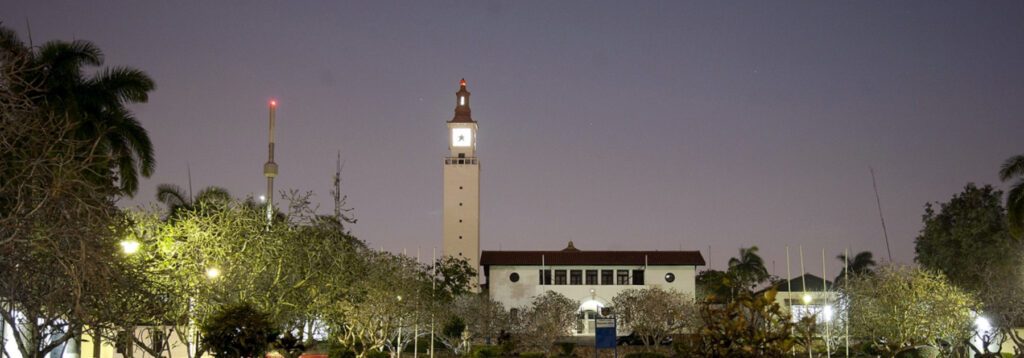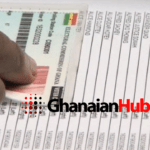Justice Abdulai on Constitutional Implications for MPs Running Independently
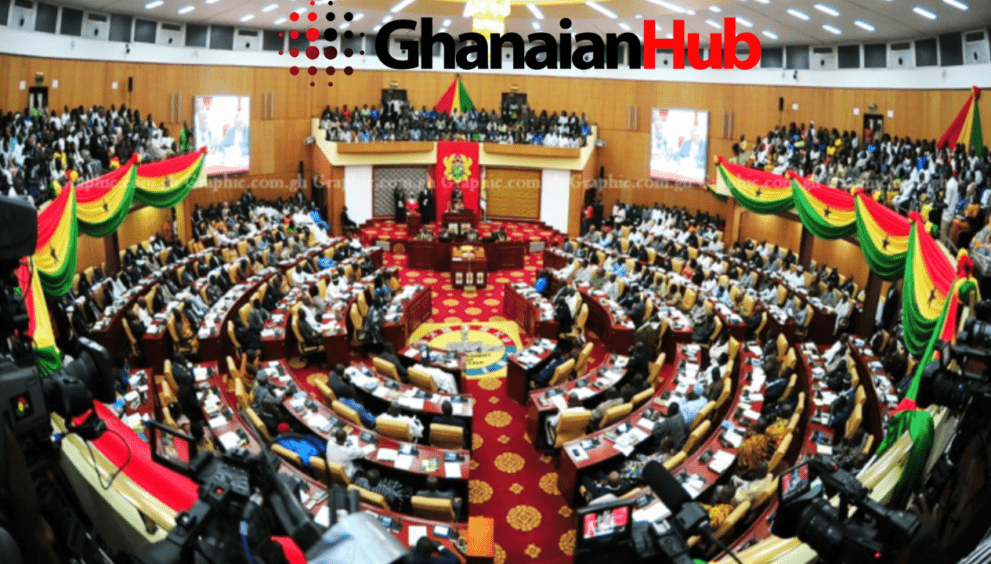
Justice Abdulai on Constitutional Implications for MPs Running Independently
Justice Abdulai on Constitutional Implications for MPs Running Independently: Constitutional lawyer Justice Abdulai has stated that four Members of Parliament (MPs) are at significant risk of losing their seats after declaring their intention to contest the upcoming elections as independent candidates. According to him, the constitutional provision that mandates the vacating of parliamentary seats under certain conditions is clear and leaves little room for alternative interpretations, making it difficult for these MPs to retain their positions in Parliament.
Invoking Article 97 (1)(g) of the Constitution
Justice Abdulai on Constitutional Implications for MPs Running Independently
This legal development follows a statement by former Minority Leader Haruna Iddrisu, who announced that his side of the House, the National Democratic Congress (NDC), intends to invoke Article 97 (1)(g) of the 1992 Constitution to have the seats of the MPs vacated. This provision specifically requires an MP to vacate their seat if they leave the political party under which they were elected or decide to remain in Parliament while running as an independent candidate. The motion targets three MPs from the Majority caucus and one NDC MP who have declared their independent candidacies. If successful, this action would change the parliamentary dynamics.
Justice Abdulai’s Position: Minimal Legal Ambiguity
Justice Abdulai on Constitutional Implications for MPs Running Independently: Justice Abdulai emphasized that the provision is unequivocal, and precedent supports a straightforward interpretation. Speaking on Joy FM’s Midday News on Monday, October 14, he said, “From the precedence that we’ve had in the past and the circumstances in this particular case, I think it will be difficult for anyone to argue an ambiguity into these interpretations of the provisions.” He pointed out that the constitutional wording leaves very little room for differing interpretations, adding, “I don’t think it will yield any difficulty for the Speaker to declare them persona non-grata in Parliament.” His comments suggest that the Speaker of Parliament could soon declare the seats vacant, setting a firm precedent regarding the implications of MPs contesting as independent candidates.
If the motion to vacate these MPs’ seats succeeds, it will not only impact the individual MPs but also alter the balance of power in the House. Currently, the Majority caucus has 138 MPs, while the Minority NDC caucus has 137 MPs. Should these four MPs be removed from Parliament, the NDC could emerge as the Majority party. Such a shift would be significant ahead of a general election, potentially influencing parliamentary proceedings and decision-making in the months leading up to the election. The move could also enhance the NDC’s leverage in critical votes and debates.
Concerns About Parliamentary Representation
The move to vacate the seats has raised concerns about the potential weakening of parliamentary representation, especially given the proximity to a general election, which is less than two months away. Some critics argue that voters in the affected constituencies could be left without representation in Parliament during a crucial period. However, Justice Abdulai downplayed these concerns, suggesting that such developments might prompt a necessary reassessment of the legislative system. He noted that some MPs enter Parliament without a genuine commitment to serve the House or represent their constituents, often failing to fulfill their developmental promises or work for the people’s welfare.
Justice Abdulai’s Call for Legislative Reforms
Justice Abdulai’s comments hint at a broader call for legislative reforms aimed at improving the quality of parliamentary representation. He argued that a reassessment of the current system could ensure that MPs are held accountable for their actions and electoral promises. According to him, many MPs lack the intention to genuinely represent their constituencies or serve as agents of development. Such reforms could help restore the focus of parliamentary work, emphasizing service to the people rather than personal or partisan interests.

The Speaker’s upcoming decision on whether to declare the seats vacant will not only affect the individual MPs and the composition of Parliament but could also set a new precedent in interpreting Article 97 (1)(g). A ruling to vacate the seats would signal a strict enforcement of constitutional provisions, potentially deterring future instances of MPs contesting as independent candidates while retaining their parliamentary positions. Conversely, if the Speaker chooses not to declare the seats vacant, it could open the door for further debate on the constitution’s interpretation regarding MPs’ status when they seek to run independently.
Political Repercussions and Strategic Considerations
The NDC’s decision to invoke Article 97 (1)(g) is also a strategic political maneuver aimed at reshaping the parliamentary balance of power. If the Speaker declares the seats vacant, by-elections could be held, allowing the NDC to potentially gain new seats. However, the timing of these by-elections and the proximity to the general election add layers of complexity, with legal, political, and logistical challenges potentially arising. The affected MPs may also contest the decision legally, potentially delaying the resolution and creating political uncertainty.
Looking Forward: The Future of Parliamentary Integrity
As the debate unfolds, the case could prompt a broader discussion on the integrity and accountability of MPs. Calls for legislative reforms may gain traction, with stakeholders pushing for clearer guidelines on the conduct and obligations of MPs. The decision on this matter will likely resonate beyond the immediate political implications, shaping the expectations of both MPs and the electorate regarding parliamentary service, commitment, and adherence to constitutional mandates.
The coming days will be critical as Parliament, the Speaker, political parties, and the MPs involved navigate this complex legal and political landscape. The outcome will not only influence the current parliamentary term but may also have long-lasting implications for Ghana’s legislative framework and democratic practices.


 English
English 